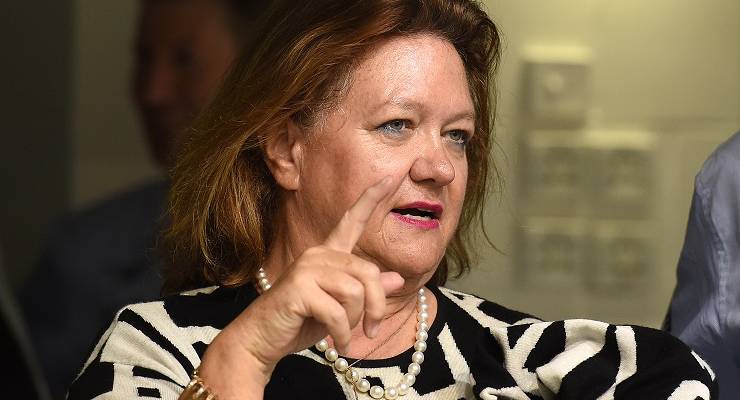
The recipients of the 2022 Australia Day honours included a record percentage of women — 47%. While this marks significant process in the historically inequitable honours, recognition for women’s work is still lacking in the upper echelons of the awards.
Equality on the surface is not enough
For the highest honour, Companion of the Order of Australia (AC), only two out of seven awards went to women. The next level was close to equality: the Officer of the Order (AO) was awarded to 11 women and 14 men. One of those women was Australia’s richest person, mining magnate and political donor Gina Rinehart.
Quotas for the awards allow for a certain number to be given each year — for example, up to 15 ACs can be awarded. The lack of gender equality for the top honours stems not from a limitation on awards, but rather the process which requires honourees to be nominated by the community.
Ruth McGowan OAM, co-founder of Honour a Woman, which pushes for greater recognition of female leaders in the Australian honours, said there was “nowhere near [gender] equality” in the higher honours.
“If they went out and found women who are worthy of ACs, and there are plenty out there, they could do the research and nominate them,” she told Crikey.
The way forward
Governor-General David Hurley said the fact that the list includes the highest ever percentage of women was “very encouraging” and that he looked forward to the trend continuing.
“We will continue to increase awareness and encourage nominations for people from parts of our community that have been historically underrepresented,” he said.
But Crikey has long called out the politicisation of our national awards, including the fact that women and Indigenous Australians have been deliberately under-represented.
McGowan — the sister of former independent MP Cathy McGowan — called for a review of the systems for nomination. She pointed to Victoria’s Recognition Matters program, which helped them reach gender parity last year for their state-based honours, as an example of how nominations could be structured.
“They have a public service that helps to work with community groups to find great women and write the nominations,” she said.
“You can’t just look at the raw numbers and think ‘Great, job done’. It’s not good enough.”








After Court, Arndt and Rinehard, is the honours really worth it? I would think not. Every time I see someone wearing it, all I can think of is those stained awards.
Sounds very much like a Scomo captain’s call…
Geoffrey Briot
Why was 84yr old Sam Doumany, Attorney-General under that crook Bjelke-Petersen in the 1980s, given a gong?
Those who are awarded OAMs are generally the ones who really deserve such recognition.
Gina? Really? A bit of brown nosing?
Since the bLAIR was given the Garter (customary knighthood for exPMs) in HM’s New Year UK honours list over ONE MILLION people have signed a petition to rescind the decision.
The Parliamentary petition for an RC into Moloch’s malignant media control garnered something in the order of 3/4M signatures and resulted in …zip – because ‘Labor’ voted with the government to disallow discussion in theSenate.
I wonder which of the unworthies given gongs on Australia Day would top any NO petition?
Rhinohide would have my thumbs down but there is stiff competition from the others pandered to.
Why don’t they just privatise it and then it can go to the highest bidder and theres no argument over merit.